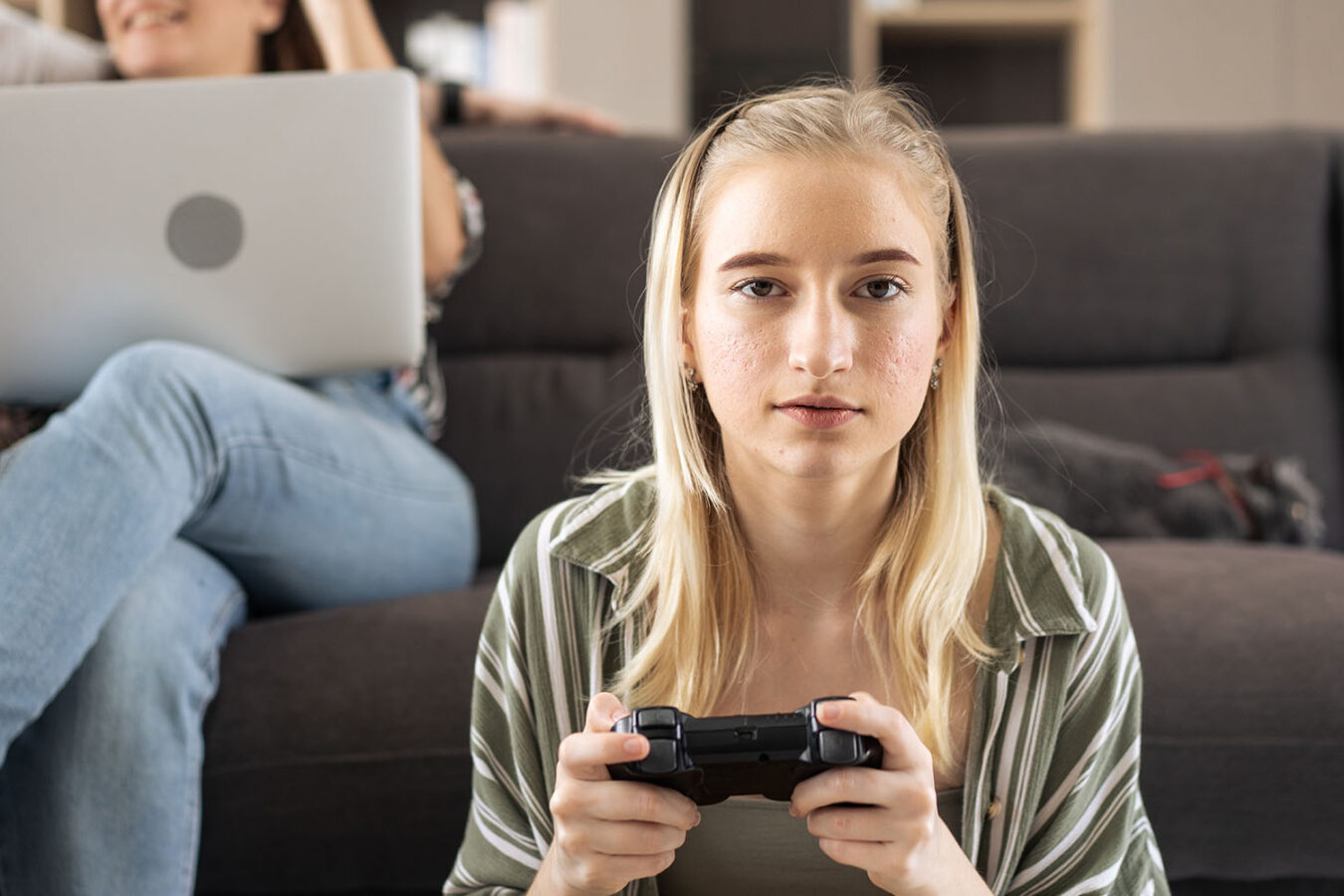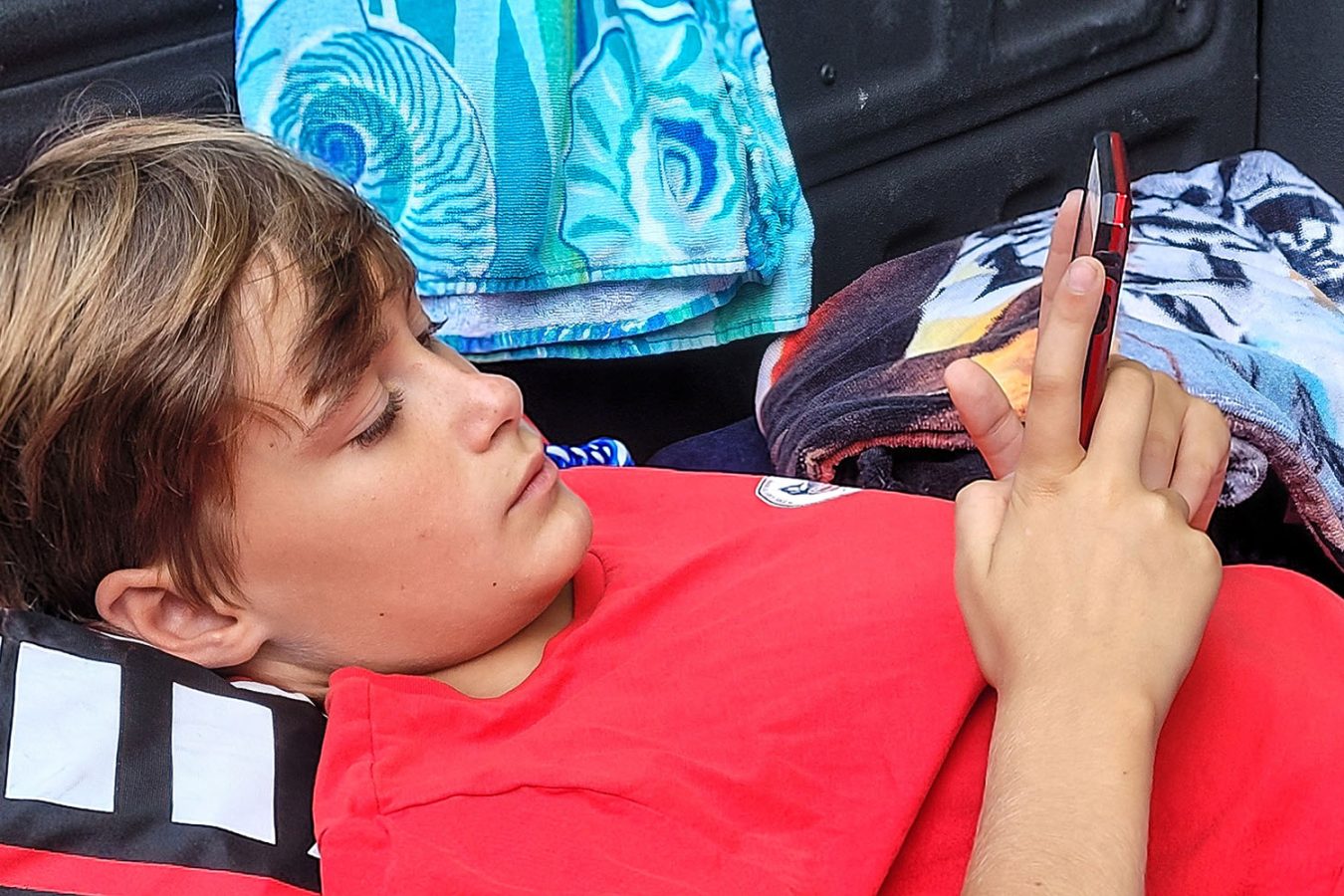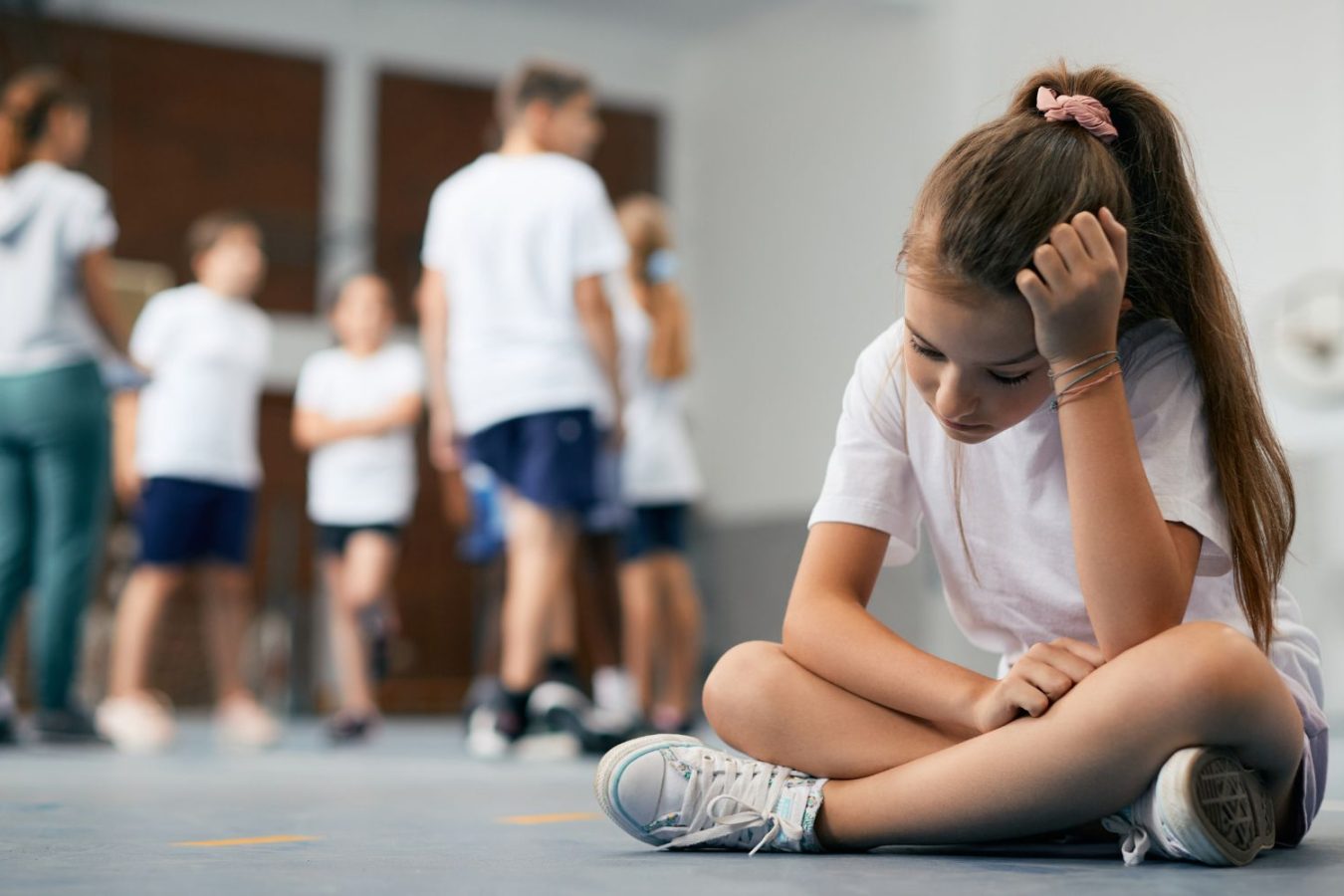Wellbeing

The design tricks keeping your kids hooked on games and apps – and 3 things you can do about it
Game and app designers use all sorts of tricks to keep kids playing – and spending money – on their platforms, but parents can help them understand the risks, say researchers Chris Zomer and Sumudu Mallawaarachchi.

Andrew Fuller: Overcoming procrastination
To stop procrastinating, we need to kickstart our momentum. To do that, we need to understand what is happening to our brain.

Researchers reviewed 100 studies about little kids and screens. Here are 4 ways to help your child use them well
How to help your kids get the most out of their screen time, by University of Wollongong researchers Dylan Cliff and Sumudu Mallawaarachchi

Best of the Web: an author’s suggestion for a ‘revolution-starting’ Book Week costume, and more
A 'revolution-starting' Book Week costume, how two Children's Book of the Year winners engage with their readers, and the curious boom in skincare for teens.

Avoiding ‘safetyism’ and allowing our kids to stretch and grow, from Maggie Dent
Here, Maggie Dent one of Australia's leading parenting educators, explores the modern tendency of overprotecting children, which can hinder their development and resilience

No, sugar doesn’t make your kids hyperactive
Although the link between sugar and hyperactivity is murky, there is a proven link between the neurotransmitter dopamine and increased activity, writes Amy Reichelt.

Four habits to help kids with social anxiety
We can help children confront their social fears and develop tools to deal with anxious feelings, writes Jamie Lynn Tatera.

How to talk to your kids about misogyny in school
It can be a challenging conversation, but parents must talk to their children about their experiences of sexism and misogyny in school, writes Dr Catherine Smith.

Parenting a perfectionist? Here’s how you can respond
Children and adolescents may experience perfectionism in relation to school work, sport, performance in art or music, or their own body. Here researchers share how parents can tackle it.